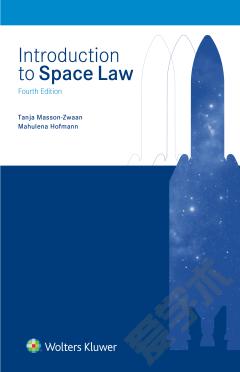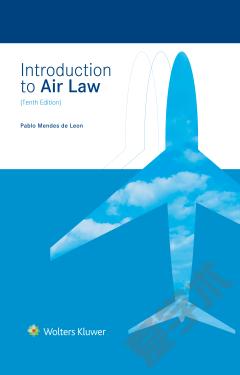Introduction to Space Law
The relevance and substance of space law as a branch of public international law continues to expand. The fourth edition of this long-time classic in the field of space law has been substantially rewritten to reflect new developments in space law and technology of the past ten years. This updated text includes new or expanded material on the proliferation of non-state and commercial entities as space actors, the appearance of innovations in space technology, the evolving international law of satellite telecommunications in a networked world, and the adoption of national laws and international soft law mechanisms that complement the international treaty regime.In this up-to-date overview of space law, the authors offer a clear analysis of the legal challenges that play a role in new and traditional areas of space activity, including the following:- the peaceful uses of outer space;- protection of the space environment;- the emergence of new legal mechanisms in space law;- the role of Europe in space;- telecommunications;- the commercial use of space resources;- human space flight;- small satellites;- remote sensing; and- global navigation satellite systems.Additionally, the five United Nations Treaties on space are included as Annexes for easy reference by students and professionals alike.In light of the many new developments in the field, this thoroughly updated Introduction to Space Law provides a clear overview of the legal aspects of a wide array of current and emerging space activities. Lawyers, policy-makers, diplomats, students, and professionals in the telecommunication and aerospace sectors, with or without a legal background, will find concise yet comprehensive guidance in this book that will help them understand and address legal issues in the ever-changing field of space activities.The authors are close former collaborators of the late pioneers of space law and authors of the earlier editions of this volume, Isabella Diederiks-Verschoor and Vladimír Kopal.
{{comment.content}}








 京公网安备 11010802027623号
京公网安备 11010802027623号